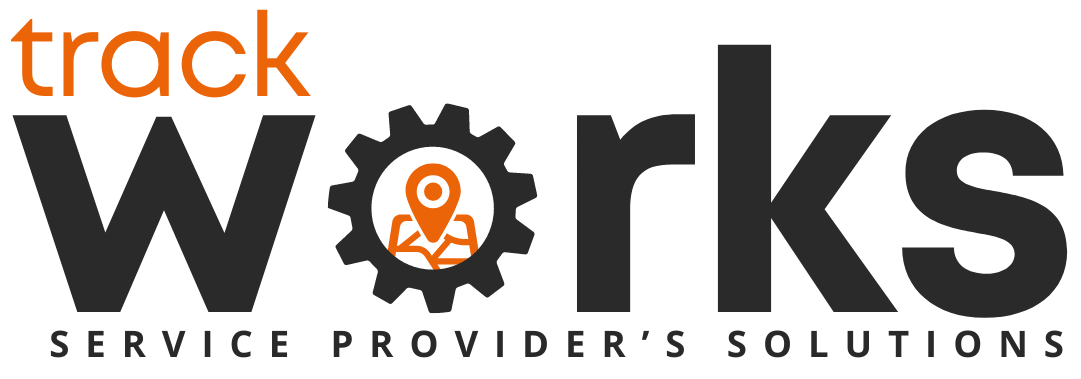The True Cost of Poor Scheduling in Field Service Management
Scheduling might seem like a back-office task, but in field service management, it has real financial consequences. Inefficient schedules don’t just slow down your team—they cost your business money, reduce customer satisfaction, and can even damage your reputation.
Understanding the true cost of poor scheduling is essential for any field service company looking to grow efficiently. Let’s break down where these costs come from and how you can fix them.
1. Increased Labor Costs
When schedules are poorly planned, technicians waste time traveling between jobs, waiting for parts, or handling unplanned overtime.
Impacts include:
- Paying for hours that don’t generate revenue.
- Technicians are working extra shifts to catch up.
- Burnout and high turnover which increase recruitment costs.
Solution:
Smart scheduling software can assign jobs based on location, skills, and estimated completion times, cutting wasted labor hours and overtime costs.
2. Missed Appointments and Lost Revenue
Scheduling conflicts, double-booked jobs, and late arrivals frustrate customers. Missed appointments can lead to:
- Loss of repeat business
- Refund requests or penalties
- Damage to your company’s reputation
Solution:
Implement real-time scheduling updates. If a cancellation or delay occurs, you can quickly reassign a nearby technician, keeping appointments on track and reducing revenue loss.
3. Reduced Technician Productivity
Poor schedules often force technicians to jump between distant jobs or handle mismatched assignments. The result:
- Less time spent completing actual work
- Increased idle time
- Lower first-time fix rates
Solution:
Use route optimization and skill-based assignment to ensure technicians spend their day efficiently and have the right tools and skills for each job.
4. Higher Fuel and Vehicle Expenses
Every extra mile traveled costs money. Inefficient schedules often increase travel time unnecessarily:
- Fuel costs rise
- Vehicle wear and tear increases
- Maintenance expenses grow
Solution:
Modern FSM software calculates the most efficient routes, minimizing travel and lowering fleet expenses while completing more jobs per day.
5. Poor Customer Experience
Scheduling issues directly impact customer satisfaction. Long wait times, rescheduled appointments, and repeated visits make customers frustrated.
Impacts:
- Negative online reviews
- Lower referral rates
- Increased churn
Solution:
Transparent scheduling, automated reminders, and real-time updates ensure customers know when to expect service, building trust and satisfaction.
6. Opportunity Costs
When your team is bogged down with scheduling problems, you miss out on growth opportunities:
- Fewer new jobs are scheduled per day
- Inability to take on emergency requests efficiently
- Slower response to competitive offers
Solution:
By optimizing scheduling, businesses free up capacity to accept more high-value jobs without overloading the team.
7. How to Prevent Scheduling Costs from Piling Up
To reduce the hidden costs of poor scheduling:
- Go digital: Replace spreadsheets or paper logs with FSM software.
- Plan realistically: Account for travel, job complexity, and potential delays.
- Prioritize effectively: Assign urgent or high-value jobs first.
- Track metrics: Monitor first-time fix rates, idle time, and repeat visits.
- Review and improve: Regularly analyze schedules to identify bottlenecks.
By tackling these areas, companies save money, improve efficiency, and boost customer satisfaction simultaneously.
Final Thoughts
The costs of poor scheduling are more than just lost time—they affect profitability, team morale, and customer loyalty. Every scheduling inefficiency has a ripple effect, impacting multiple aspects of the business.
Investing in smart scheduling solutions, like TrackWorks, can dramatically reduce these hidden costs. With real-time updates, optimized routes, and skill-based assignments, companies can ensure their teams are productive, customers are happy, and revenue opportunities are maximized. In field service, smart scheduling isn’t optional—it’s essential. The sooner you address these inefficiencies, the faster your business can grow sustainably.




No responses yet